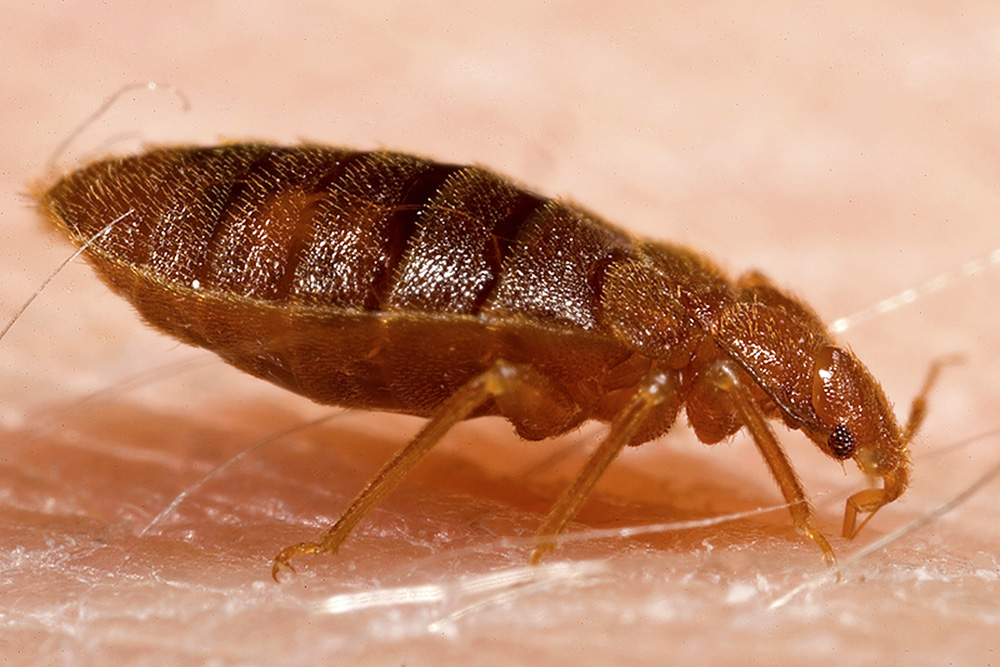Best Kings Bug Control Cincinnati: Premier Pest Control Experts
Best Kings Bug Control Cincinnati: Premier Pest Control Experts
Blog Article
A Breakdown of the Numerous Sorts Of Insect Control Solutions
In the realm of parasite control, a wide variety of methods exist to address and battle the presence of undesirable creatures. From the conventional use chemical pesticides to much more cutting-edge biological control options, each technique provides distinctive advantages and constraints. As we navigate via the diverse landscape of bug control services, recognizing the ins and outs of each method ends up being paramount in figuring out the most efficient strategy. Keep tuned as we explore the nuanced globe of pest control methods and discover exactly how each kind plays a distinct function in securing our environments.
Chemical Pesticides
Chemical pesticides are generally used in bug control to properly remove a wide variety of bugs and other bugs. These chemicals function by targeting the nervous system of the pests, disrupting their normal functions, and eventually resulting in their demise. Making use of chemical pesticides has been a staple in the bug control sector for years as a result of their performance and fast outcomes.

Nevertheless, it is important to make use of chemical pesticides with caution because of their possible harmful impacts on the setting and non-target varieties. Incorrect application or overuse of these pesticides can cause air pollution, harm to advantageous pests, and resistance development in parasite populaces. As a result, it is crucial to follow safety standards and policies when utilizing chemical pesticides for bug control.
Biological Control Approaches
Considering the prospective environmental impacts and risks associated with chemical pesticides, biological control techniques offer a more lasting approach to managing parasite populations. Organic control entails the usage of natural enemies, such as predators, bloodsuckers, and virus, to suppress pest populaces. This method is commonly much more targeted, influencing only the certain pest types while decreasing harm to advantageous pests, people, and the setting.

One benefit of biological control is its lasting effectiveness. Once developed, natural adversaries can assist control pest populations continuously without the need for duplicated applications of chemicals. In addition, organic control is frequently extra economical and can help reduce chemical resistance in pest populaces gradually. Generally, biological control approaches offer a ecologically friendly and lasting service to pest monitoring.

Mechanical Bug Control
Mechanical bug control involves the physical control or removal of bugs to handle their populations efficiently. One typical visit their website instance of mechanical bug control is making use of catches to capture insects or rodents.
One more mechanical strategy is using obstacles such as displays, fencings, or internet to obstruct insects from getting in specific locations. By physically protecting against insects from accessing a location, the probability of infestations or damages can be considerably minimized. In addition, hands-on methods like handpicking insects off structures or plants can be effective for smaller-scale invasions.
While mechanical pest control methods can be labor-intensive, they provide a non-chemical alternative that can be eco-friendly and lasting. By targeting parasites directly, mechanical control techniques can aid maintain bug populaces in check without depending on pesticides.
Natural Solutions
Making use of all-natural remedies for bug control offers a sustainable and green strategy to taking care of pest populaces without considering chemical treatments. Natural remedies involve utilizing materials originated from plants, minerals, or other normally taking place resources to hinder or remove pests. Growing particular natural herbs look here like basil, mint, or lavender around your residential or commercial property can push back bugs due to their solid aromas. Diatomaceous earth, how to kill bed bugs a powder made from fossilized algae, can be utilized to deal with insects like ants, roaches, and bed bugs by dehydrating their exoskeletons.
Furthermore, important oils such as tea tree oil or neem oil have insecticidal buildings that can effectively manage parasites while being risk-free for the environment. An additional all-natural remedy is presenting useful insects like ladybugs or praying mantises to your yard to prey on dangerous bugs. By incorporating these all-natural options right into bug management approaches, people can reduce their reliance on synthetic chemicals and advertise a much healthier, more balanced ecosystem.
Integrated Insect Management
Integrated Bug Monitoring (IPM) is a thorough approach that incorporates various strategies to effectively regulate pest populaces while lessening threats to human health and wellness and the atmosphere. IPM includes the assimilation of several pest control techniques such as organic control, environment control, adjustment of social practices, and making use of resistant crop varieties. By utilizing a mix of these techniques, IPM aims to minimize reliance on chemical pesticides, which can have adverse effect on communities and human health and wellness.
One secret aspect of IPM is the emphasis on prevention. By implementing actions to protect against pest problems prior to they happen, such as maintaining appropriate sanitation and securing entry factors, the need for responsive insect control measures is decreased. Monitoring and routine inspections play a crucial duty in IPM, permitting very early detection of bug concerns and punctual intervention.
Final Thought
In verdict, the numerous types of pest control services provide an array of options for effectively taking care of pest infestations. Biological control approaches use all-natural killers to control parasites. Integrated Pest Management combines several approaches for an all natural method to pest control.
Chemical pesticides are commonly utilized in insect control to effectively eliminate a broad variety of pests and various other insects.Mechanical parasite control includes the physical control or removal of pests to handle their populations properly (Kings cincinnati pest control).Using natural remedies for insect control offers a lasting and eco-friendly approach to taking care of pest populaces without resorting to chemical interventions.Integrated Parasite Management (IPM) is a detailed approach that incorporates numerous strategies to successfully control pest populaces while reducing threats to human health and wellness and the environment.In final thought, the numerous types of parasite control options supply a variety of alternatives for properly managing insect infestations
Report this page